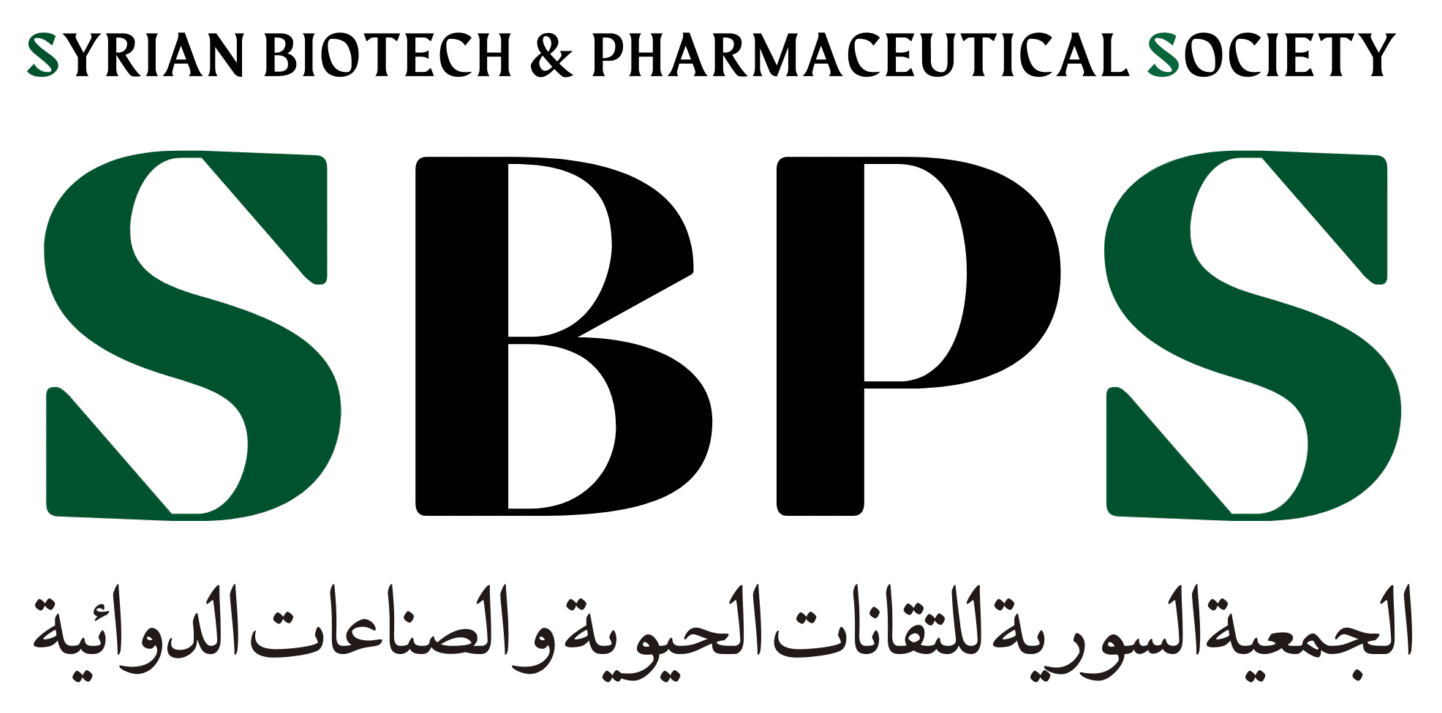
Selecting the Right API Supplier: A Strategic Guide for Syrian Pharmaceutical Manufacturers
In the dynamic and highly regulated pharmaceutical landscape, selecting the right Active Pharmaceutical Ingredient (API) supplier is a critical decision that directly impacts product quality, regulatory compliance, manufacturing efficiency, and patient safety. For Syrian pharmaceutical manufacturers, the challenge is even more significant due to supply chain limitations, geopolitical risks, and evolving regulatory expectations. This article provides a practical roadmap for Syrian pharma companies to select and manage their API suppliers effectively while mitigating risks and planning for future production campaigns.
1. Understand Your Regulatory Environment
Syrian manufacturers must comply with Ministry of Health (MoH) requirements, and increasingly, international standards such as those of the WHO, EU GMP, and ICH guidelines if planning to export or align with global quality benchmarks. Key Regulatory Considerations: API must come with a valid Certificate of Analysis (CoA) and, ideally, a Certificate of Suitability (CEP) or DMF (Drug Master File) access. Assess whether the supplier’s quality systems are aligned with ICH Q7 (GMP for APIs). Ensure traceability and data integrity throughout the supply chain.
2. Establish a Clear API Procurement Checklist Before engaging a supplier, develop a comprehensive checklist to compare offers and make informed decisions. Consider the following: Supplier Evaluation Checklist: Regulatory Approvals: GMP certificate, WHO PQ, USFDA, EDQM, etc. Quality Assurance Documents: CoA, TSE/BSE declaration, stability data. Pricing and Terms: Competitive pricing, volume discounts, payment flexibility. Delivery and Lead Time: Stock availability, average lead time, incoterms (FOB, CIF). Technical Support: Availability of regulatory documentation, variation support, response time. Past Performance: Reputation in the market, audit history, references from other pharma companies.
3. Risk Mitigation Strategies Relying on a single supplier can be risky, especially in Syria’s volatile market. A strategic approach to supplier management can help reduce operational disruptions. Key Risk Mitigation Measures: Dual Sourcing: Qualify at least two suppliers for critical APIs. Batch Sampling: Conduct internal QC testing of each batch before use. Contracts and SLAs: Sign supply agreements with clauses for quality failure, delivery delays, and price fluctuation caps. Geopolitical Diversification: Avoid sole dependency on suppliers from one region (e.g., only India or China). Audit Readiness: Plan internal or third-party audits for high-risk or high-volume APIs.
4. Plan for Future Manufacturing Campaigns
API procurement shouldn’t be reactive. Proactive planning ensures smoother operations and better cost management. How to Plan Ahead: Annual Demand Forecasting: Share rolling forecasts with suppliers to secure priority production. Safety Stock Policies: Maintain strategic buffer stock for key APIs with long lead times or volatile supply chains. Regulatory Change Management: Monitor changes in monographs or pharmacopoeial standards that may affect API specifications. Contract Renewals: Review supply contracts at least once a year for performance and cost benchmarks.
5. Build Strategic Supplier Relationships Good suppliers do more than just deliver APIs—they support your long-term goals. Invest in building trust, transparency, and collaboration. Tips to Foster Strong Relationships: Visit supplier facilities (physically or virtually). Involve suppliers early in formulation or scale-up discussions. Share feedback on product quality or regulatory findings. Collaborate on cost-saving initiatives or formulation improvements.
Final Thoughts Sourcing APIs is not just a purchasing activity—it’s a strategic decision that impacts your product’s success in the market. Syrian pharmaceutical manufacturers must align procurement practices with international best practices to ensure continuity, compliance, and competitiveness. By setting rigorous selection criteria, auditing thoroughly, diversifying sources, and planning ahead, Syria’s pharma industry can safeguard its supply chains and continue to deliver safe, effective medicines to the population—despite the challenges.
Written By: Hasan Alkassem (PhD) – Director of Business Development for API CDMO
